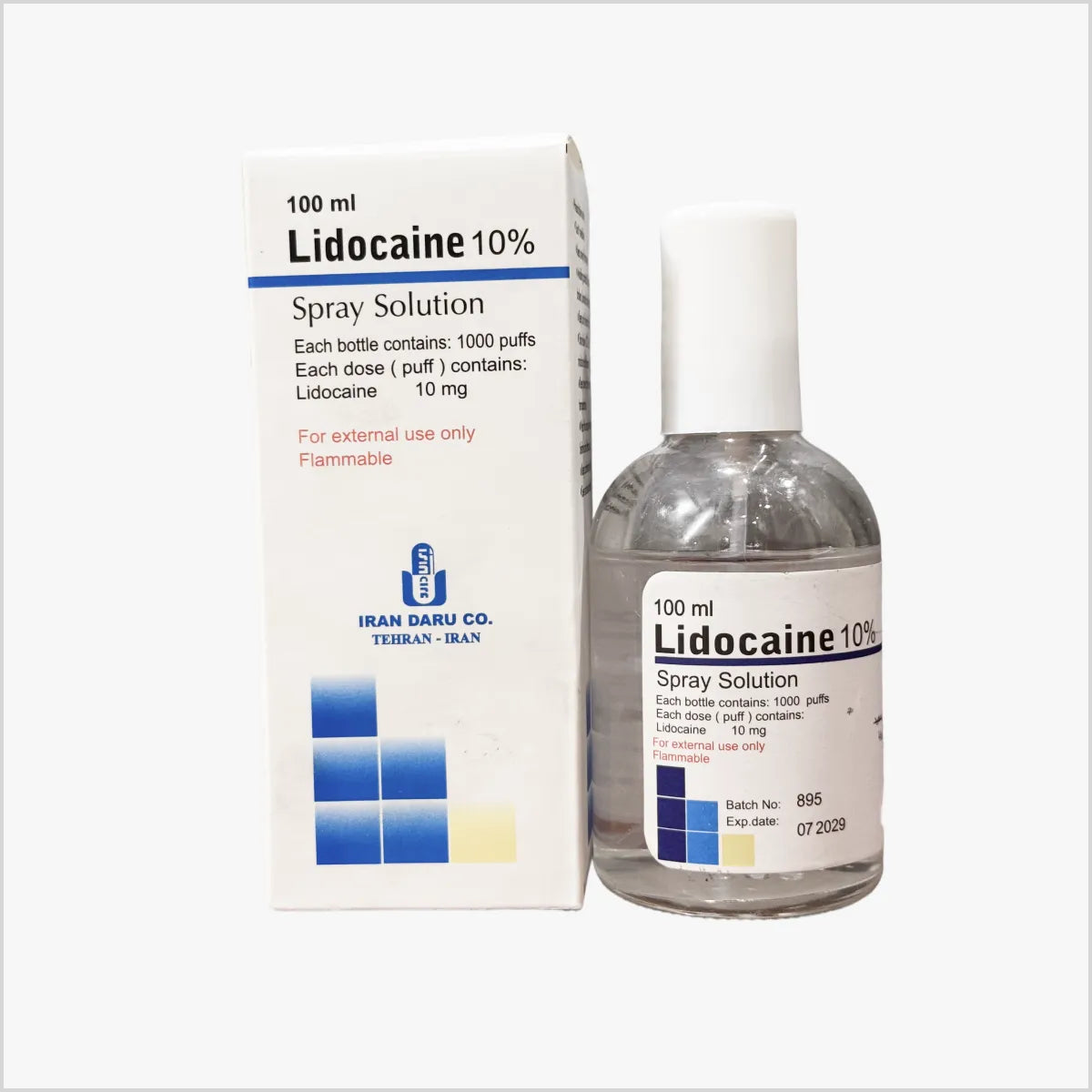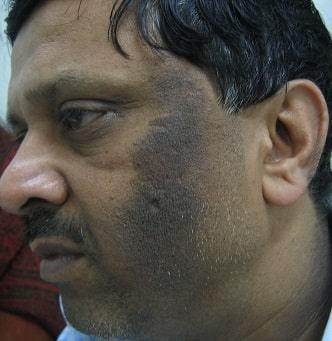🟢 Open: Monday to Saturday 2 to 8 PM. Location: House 59A, Block C1, Gulberg 3, Lahore.

Circumcision (Male)
Painless, No Side Effects, Best & Natural-Looking Results on USA machines that are FDA & CE approved. Using patient focused AI approach.
Prices start from
Final prices are upon physical examination. Terms & Conditions Apply.
Only place one order per procedure. Multiple orders required for multiple procedures.
You must acknowledge that you have eaten within the last three hours to avoid low sugar and drank at least 500 ml of water in the past hour to avoid low BP.
Pickup currently not available
You may also like
Circumcision is the surgical removal of the skin covering the tip of the penis. The procedure is fairly common for newborn boys in certain parts of the world, including the United States. Circumcision after the newborn period is possible, but it's a more complex procedure.
For some families, circumcision is a religious ritual. The procedure can also be a matter of family tradition, personal hygiene or preventive health care. For others, however, circumcision seems unnecessary or disfiguring.
Circumcision might have various health benefits, including:
- Easier hygiene. Circumcision makes it simpler to wash the penis. However, boys with uncircumcised penises can be taught to wash regularly beneath the foreskin.
- Decreased risk of urinary tract infections. The risk of urinary tract infections in males is low, but these infections are more common in uncircumcised males. Severe infections early in life can lead to kidney problems later.
- Decreased risk of sexually transmitted infections. Circumcised men might have a lower risk of certain sexually transmitted infections, including HIV. Still, safe sexual practices remain essential.
- Prevention of penile problems. Occasionally, the foreskin on an uncircumcised penis can be difficult or impossible to retract (phimosis). This can lead to inflammation of the foreskin or head of the penis.
- Decreased risk of penile cancer. Although cancer of the penis is rare, it's less common in circumcised men. In addition, cervical cancer is less common in the female sexual partners of circumcised men.
The risks of not being circumcised, however, are not only rare, but avoidable with proper care of the penis.
Circumcision might not be an option if certain blood-clotting disorders are present. Also, circumcision might not be appropriate for premature babies who still require medical care in the hospital nursery or for babies born with abnormalities of the penis.
Circumcision doesn't affect fertility, nor is circumcision generally thought to enhance or detract from sexual pleasure for men or their partners.







